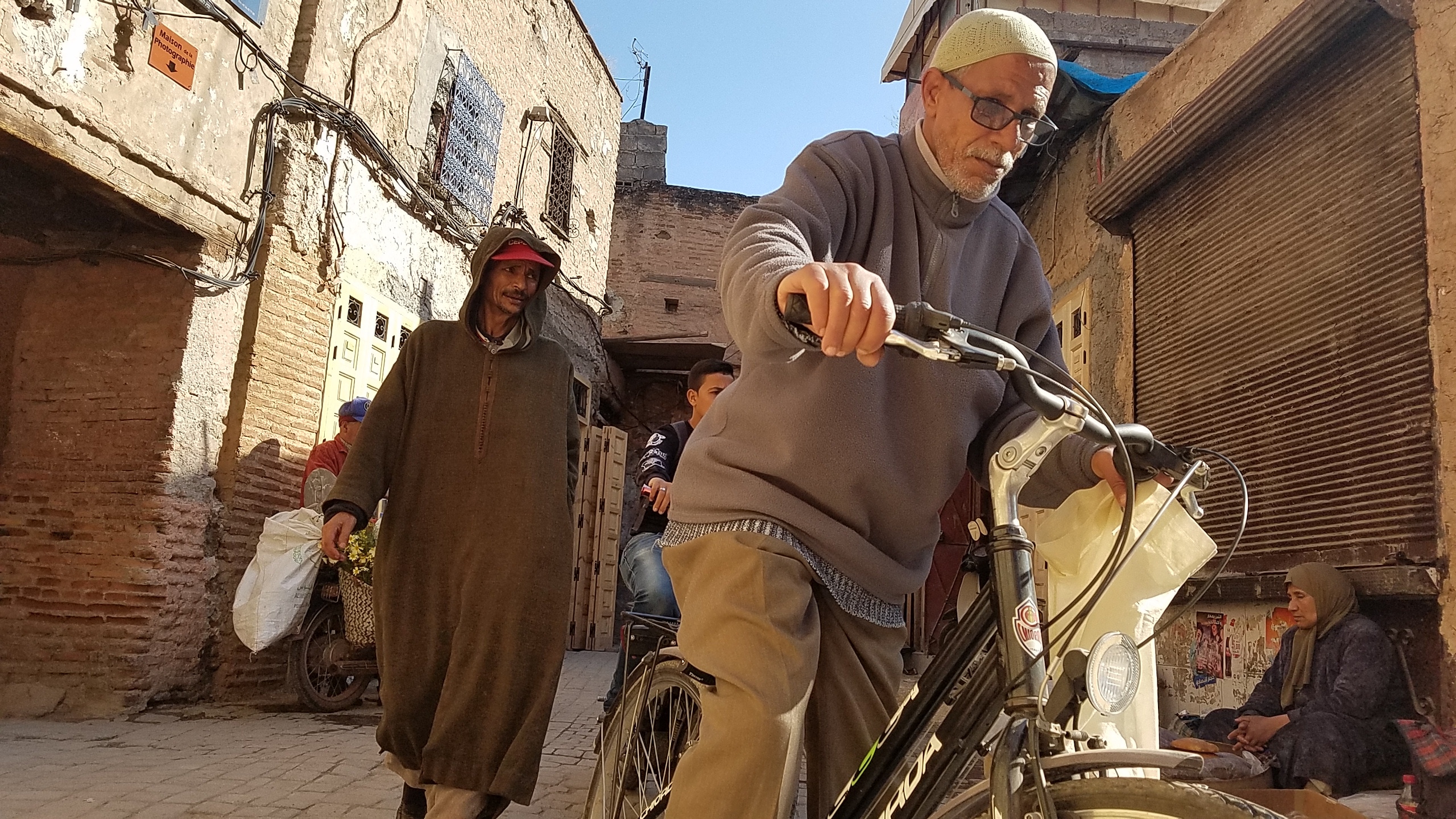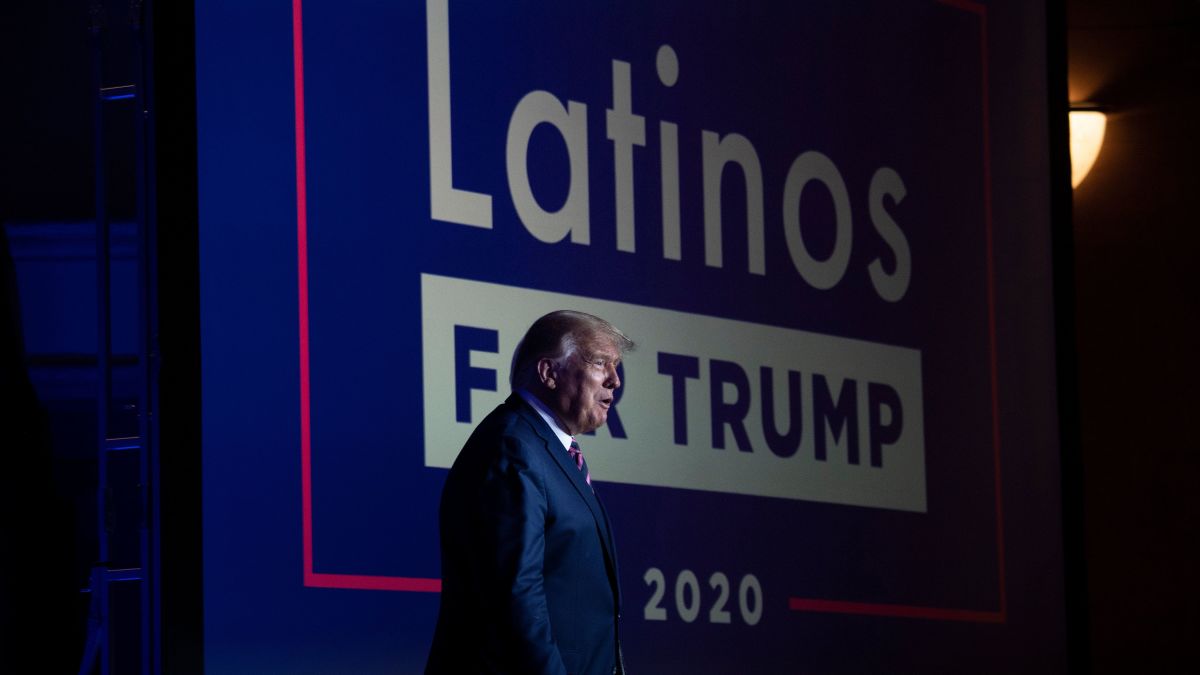5 Multicultural Marketing Lessons From The Arabic I Learned in Morocco

I recently had the pleasure of traveling to Morocco in the Northwest section of Africa. While not quite the vacation in the traditional sense, this was more of an adventure. In my travels to the cities of Marrakesh, Fes, Tangier, Rabat and others, I learned a ton. Morocco is situated in the inhabitable outskirts of the Sahara. Its an Islamic state, meaning its governed primarily by shari'a (Islamic law).
Over 95% of its citizens identify as Muslim and Arabic is the primary language spoken with French second. Despite several years of French in Junior High School, its safe to say I speak neither....and I loved that. There's something quite exciting about being a complete outsider, hungry to understand not only what's spoken but all of the very different cultural nuances from what I'm used to. I consider myself culturally aware and have some familiarity with Islam and her 5 pillars but I rarely get an opportunity to witness it woven within the fabric of everyday life. Even the language is intentionally intertwined with religion. I was fascinated by how many words were based around the root word for god, "Allah." For them, even words have a deeper meaning. I wanted to explore them as means of learning how certain ethnic groups communicate to help you increase your effectiveness when crafting your marketing messaging. Here are 5 Multicultural Marketing Lessons From the little Arabic I learned on Vacation.
As-salaam Alaykum
Literally translated to "peace be upon you," this term is the most common salutation among Muslims in both social and religious contexts. The typical response is the reverse, waʿalaykumu as-salām or "and upon you, peace." When you look at this in the context of an actual interaction it communications an entirely different and more powerful message than our western equivalent of hello. For Americans, hello is a simple conversational entry point and somewhat of an icebreaker, if not a throw-away. It it isn't a blessing or well wish as our Arabic counterparts impart upon each other dozens of times in a given day.
What did we learn? For Arabic Muslims, communication is sacred. Small talk and conversation filler doesn't exist. The interaction among individuals is valued down to its lowest common denominator. For marketers, we must learn that every interaction, is to be treasured and each detail of that communication, valued. It says something about our relationships with consumers when we do so. Not only are we trying to communicate a message but we care about them.
Inshallah
This was perhaps one of my favorite words to learn, not because of its poetry, but because of how its used. In the course of any conversation, we often transition to the future tense, expressing our future desires or foreshadowing what's to come. However, as we know, tomorrow is by no means promised to any of us and if it does come to pass, Muslims believe that it is by God's direction, or will, that it will happen and as we have planned. By translating it, the word is in some way devalued. I found that Moroccans, even when speaking English, elected to use it in place of any watered-down translated equivalent. When departing our new friends in Morocco, we wanted them to know our intentions to return but it must be qualified by inshallah.
Marketers often take way too much for granted. Tomorrow isn't promised and we must value the attentions of consumers as if they won't be there tomorrow. We must not lean on our marketshare or social media followings as a sign of success. Its only an indicator of present status. Even those who don't believe in a higher being know that tomorrow's conditions can change. We must treat every communication and interaction with consumers as if it may be the last chance we get to do so, and thus the most important. Each campaign is only as good as the current message.
Maashallah
This was another interesting term that doesn't exactly translate. This would be used if you escaped a worse possible fate, say an accident avoided or even finding money in the street. Luck isn't exactly something Muslims believe in, so its essentially giving thanks for the fortune you've been given by the higher power.
This speaks to one of the most common mistakes I see marketers make: using their own cultural lens to evaluate others. Communication isn't just done through words, part of it is understanding. Cultural values and the way in which we understand that our steps are ordered may be different than how others believe. Be open to those differences and make sure your messaging accounts for it. Being a better communicator isn't always in how your message is crafted, but how you listen when you're not talking.
Balik/Balek
This was a fun one. As we spent our days walking the narrow streets of Fes and Marrakesh, we'd often need to move out of harms way of a moped or even a donkey. To get the unsuspecting tourists attention, the working locals would scream "Balek!!" or attention. With our focus distracted by the colorful goods in the "souks", or shops that lined the windy roads, the last thing we would think about was "traffic." Especially for those unfamiliar with the local tongue, the tone was most important at achieving the objective.
I don't speak Mandarin (yet!) however, as I understand it, the tone and inflection is more important to communication among Chinese than the words themselves. Marketers often concentrate too hard on proper translation that they fail to realize that their packaging is offensive or ineffective. It's important to understand how and when others consume media. Targeting orthodox Jews with a well crafted message on Friday night television might sound like a good idea but is a recipe for disaster if you don't understand their culture.
Shukraan
This was by far, the new word I made use of the most. Parts of Morocco, like Fes, date back to the 9th Century. I quickly realized that most of what what my eyes would behold is over 4 times as old as the United States of America itself. Much of the commerce was built around ancient market trading that, with big box stores like Walmart, has all but disappeared in our society. Every transaction is mutually exclusive of the previous and prices are set by the two individuals doing business, not an MSRP. It takes some practice to understand the price a merchant initially gives is higher than they'll agree to give you the goods for if you negotiate. It becomes a delicate science to learn how to negotiate great rates without insulting the merchant that often invested their own hard labor to make the goods. The idea of the exercise isn't to hold the merchants feet to the fire or for them to fleece you, but to reach an agreement sealed with a handshake and a "Shukraan" or thank you.
Again, in our modern society, a thank you can be a conversational formality or throw-away. However, for these merchants, trading in commerce rooted in the middle ages, giving thanks is relationship building. For Moroccans, these deals ensured future business. Building a relationship and giving thanks was more for the opportunity given by a higher power to provide the goods and conversely the means in which to buy them. For us tourist, our interactions were a one-off.
Thanking and delighting our customers is a lost art. For many marketers their focus is almost exclusively on new business. However, converting existing consumers into repeat business and brand evangelist is important. By thanking them not only with our words, but also our actions, we can improve customer lifetime values and average purchases.
Words are only the beginning of multicultural marketing and lessons are everywhere. I invite you to do as I have and explore the word and embrace cultural differences as they will give you more of a global perspective and enhance your ability to be a better multicultural marketing professional.
Share this
Previous story
← Weekly Hot Takes: What's In an Influencer?
You May Also Like
These Related Stories
5 Ways To Get Multicultural Leads Into Your CRM


5 Ways To Get Multicultural Leads Into Your CRM
July 28, 2017
4
min read
Summer Reading List 2018 for the Multicultural Grassroots Marketer


Summer Reading List 2018 for the Multicultural Grassroots Marketer
June 05, 2018
6
min read
2020 Presidential Election: A Case Study in Hispanic Marketing Failure


2020 Presidential Election: A Case Study in Hispanic Marketing Failure
November 11, 2020
7
min read


